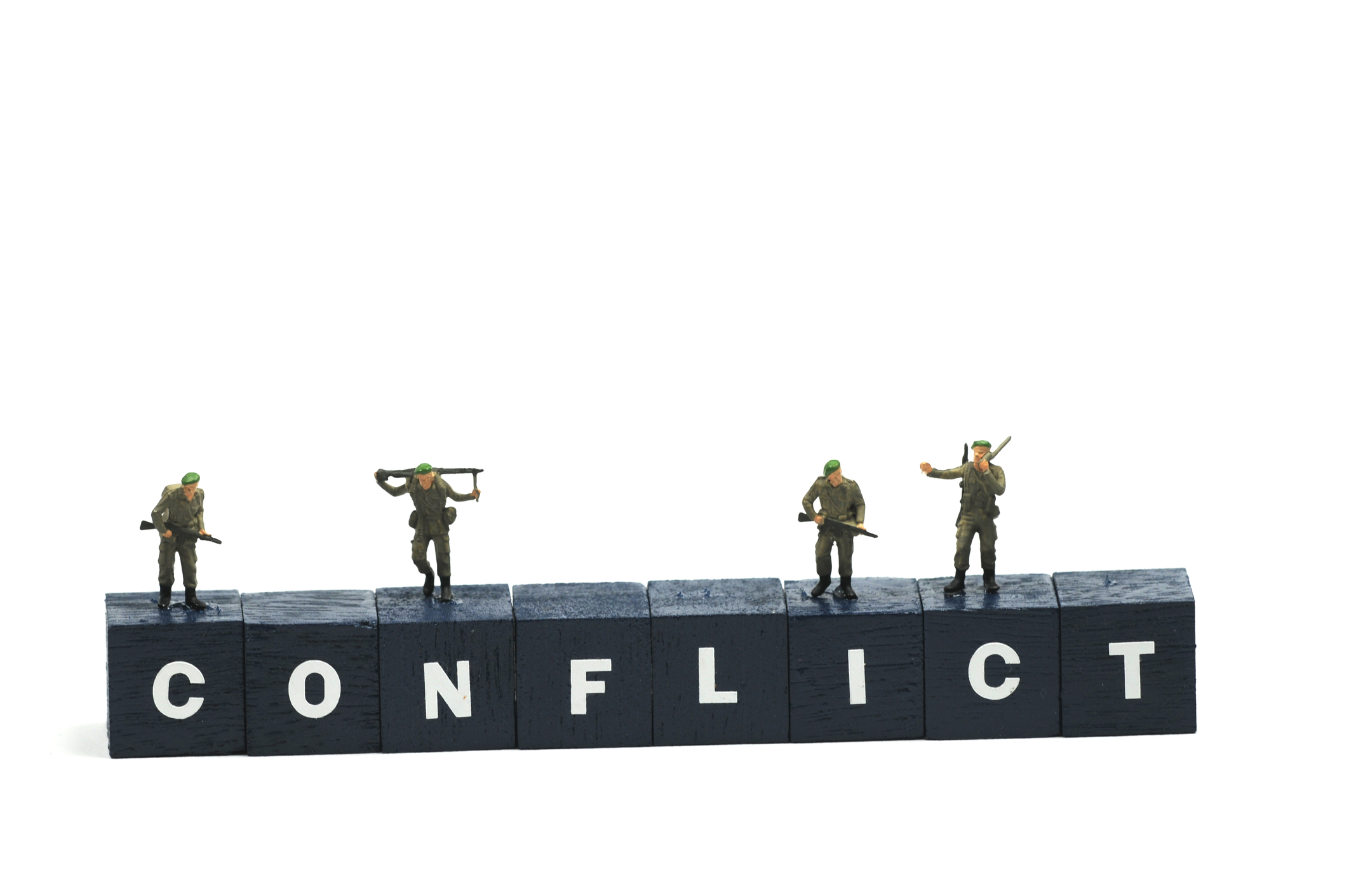Arrangements for Children: Review and take stock
We have recently been doing a series of blogs focusing on how you can minimise the effects of your separation on your children. Tip number 5 was to review the arrangements that you have made. We suggest that you check in with each other regularly (say every 3 to 6 months depending on how long you think the arrangements need to run before you know if they’re working or not). You can then talk about what you think is working…







